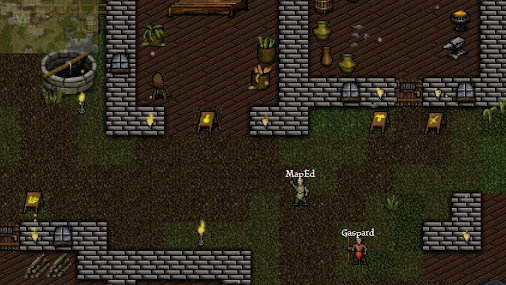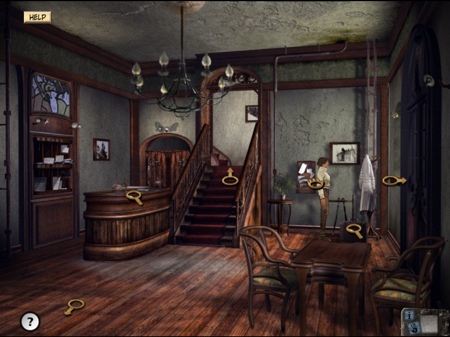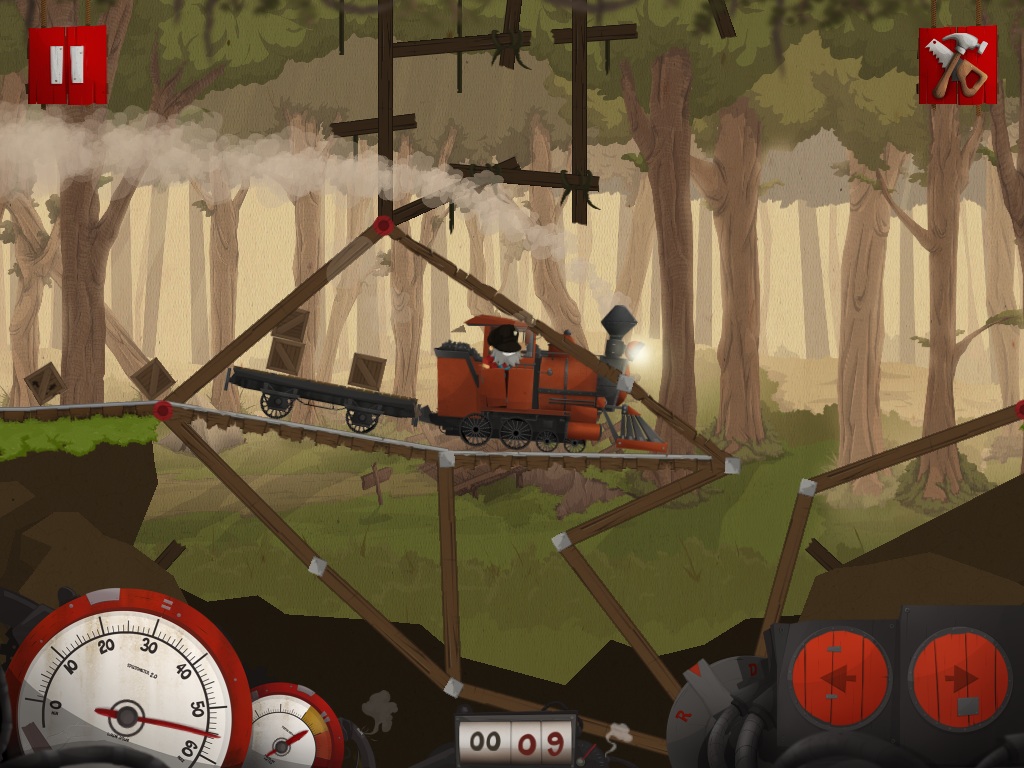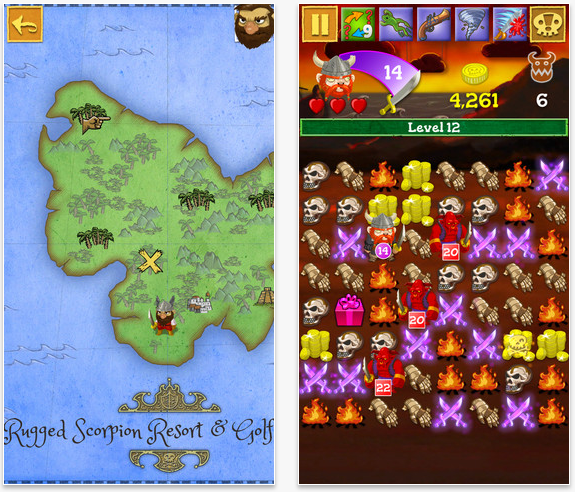Game Releases on the App Store #2
The week flew by unnoticed, considering last Thursday was rich with releases. We were a bit taken aback today, saying we haven’t finished KOTOR yet, are only halfway through Ace Attorney, and haven’t even touched Warhammer. Meanwhile, a couple more very worthy projects are already lined up.
Kingdom Rush Frontiers
The sequel to the original tower defense came out very pleasing: neat cartoon graphics, mid-core gameplay, and even role-playing elements. As they say, fans of the original will eagerly download it, while newcomers will get hooked. The thing is, the project is paid. It’s priced at 169 rubles. As for IAP, they seem to be there for formality’s sake. Want to buy something? Go ahead, but it’s not necessary. The prices aren’t excessive. You won’t spend more than 329 rubles at a time.

In the end: you can’t boost heroes or buildings with real money. Essentially, Ironhide Game Studio deprived themselves of an additional income source. Whether this is a virtue or a flaw of the project, you decide.
9th Dawn
The most impressive part of the game is the first screen: "found a bug, contact us at this address". Unfortunately, this isn’t user care, but a warning, which didn’t stop the developers from setting a price of 99 rubles on their test marvel.

Ideally, 9th Dawn is a classic RPG, the ideological and stylistic successor to rogue-like projects from the late '80s. It features an abundance of traits, minimalist two-dimensional graphics, a vast world, day-and-night changes, and lots of loot.
All is marred by poor implementation.
I won’t even mention the horrendous interface and lack of an inventory. The main issue is the controls. Because of it, you get killed in the first two minutes of playing 9th Dawn. The decision to add the feature "let’s have players control the direction of the strike" was fatal. A poorly-tuned control stick responsible for the hero’s combat function turns the game into a torture.
You don’t expect this from the publishing initiative Made with Marmalade, responsible for publishing the game on iOS.
Syberia
We already wrote about the release of Syberia’s mobile version in Canada, but we didn’t have the chance to review it ourselves back then. Fortunately, we didn’t. Benoît Sokal’s creation is not one of those unaffected by time. On the latest iPad generations, the project looks, to put it mildly, pale: blurry backgrounds and "staircase" character models.
A very rough porting job didn’t do it any favors. Big Fish decided not to even redraw the interface. As a result, instead of a marvel, players are met with sheer disappointment.

Yes, the game has also been split into several parts. You can download the first for free, but you’ll have to pay for the rest.
Bridgy Jones
The Polish studio Grow App, with the help of Chillingo, released the most charismatic project of the week – Bridgy Jones. The game's essence is to build a bridge that allows a train to travel from point "A" to point "B". You’d think there have been so many games on this topic already? Bridgy Jones stands out with its vibrant characters and overall lively vibe.

Take, for instance, the plot: the user isn’t just building bridges for the sake of it — they’re helping a conductor and his dog catch up with a train carrying a purple chicken. The dog has fallen in love with the chicken, and the conductor dreams of scrambled eggs. So even starting the game puts you in a good mood.
However, there are some design flaws. For example, the tutorial (like all dialogues in the game) is accompanied by "voice acting." This means incomprehensible mumbling from the main characters. They seem to be saying something, but it’s unclear what exactly. The publisher probably saved on localization this way. It would have been fine if the speech didn’t seem connected. Players hear speech and read text simultaneously, but they don’t come together, creating dissonance. Because of this, dialogues are hard to perceive in the project.
Scurvy Scallywags
This is a new game by Ron Gilbert, the creator of Monkey Island. It’s also about pirates, but it’s a role-playing Match-3 game, not a quest.

As we wrote in the spring, the main difference of the project from similar games is its original battle system. Usually, in typical battle Match-3 games, damage to the opponent is dealt either by aligning certain game pieces (like skulls or swords) or casting spells after collecting pieces of a certain color.
In Scurvy Scallywags, it's entirely different. The main character, along with the opponent, is on the game board with the pieces. To strike, you need to be next to the enemy. Movement is achieved by removing rows of pieces adjacent to the character. But the battle system is just the tip of the iceberg of the game’s mechanics.
The hero, in what appears to be a casual game, has several characteristics impacting combat abilities; resources are spent on building ships, gold on bonuses, and there is a full storyline with many nuances. So, in the end, Gilbert created not just a simple diversion, but quite a serious project, albeit with pirate songs about a bottle of rum.